Covid-19 ‘vaccine apartheid’: why local production must be strengthened
A resolution to improve local production of health technologies is on the agenda of the current World Health Assembly. Researchers at the Graduate Institute Geneva argue that now is the time for the international community to adopt it.
The Covid-19 pandemic has elevated health to the top of national and international political agendas and has shed new light on shortcomings of the pharmaceutical research and development (R&D) system. Public scrutiny and debate over access to Covid-19 health technologies can be a window of opportunity to change longstanding systemic problems, such as the uneven concentration of knowledge and manufacturing capacity.
In the agenda of this week’s World Health Assembly (WHA), is a resolution on “Strengthening Local Production of Medicines and Other Health Technologies to Improve Access”, urging action that could reduce developing countries’ dependency on imports, catalyse innovation and stimulate a knowledge-based economy. Although this topic has been discussed before in global health fora, Covid-19 has showcased the risks of relying on imported health technologies and donor support. For example, export bans and restrictions that led to shortages of medical devices and protective equipment at the beginning of the pandemic and which currently restricts global access to vaccines as countries where vaccines are produced inoculate their populations first.
Strengthening local pharmaceutical production is not only relevant for developing countries. For instance, the European Union’s Pharmaceutical Strategy for Europe, and its proposal to create a Health Emergency Preparedness and Response Authority (HERA), have as objectives to build up its “strategic autonomy in the area of medicines”, to diversify production and supply chains, and to foster production and innovation in Europe. Switzerland is also exploring ways to strengthen its domestic vaccine and drug development. However, while recognizing the importance of local production and security of supply, Switzerland and most EU countries are not supportive of initiatives to build capacity in developing countries, such as the WHA resolution, the Covid-19 Technology Access Pool (C-TAP) or the temporary suspension of some provisions of the Trade-Related Aspects of Intellectual Property Rights (TRIPS) agreement for Covid-19 health technologies.
C-TAP was created by the World Health Organization (WHO) after a proposal by Costa Rica to incentivize voluntary sharing of knowledge, intellectual property, and data through open licensing agreements as a way to remove barriers to scale-up manufacturing. To date this platform has not been used. The TRIPS waiver, proposed by India and South Africa, aims to remove IP-related barriers to provide manufacturers with legal certainty and freedom to start production where capacity exists, and encourage investment in new facilities without risking infringement suits. The TRIPS waiver does not rely on the willingness of IP-holders to share, as is the case with C-TAP, and would make IP-protected knowledge available immediately, enabling use of untapped production capacity and leveraging additional manufacturing facilities. Additional technology transfer would be needed in some cases, and it is worth recalling that TRIPS imposes an obligation on developed countries to incentivize companies to transfer technology to least-developed countries, an obligation that has not been fulfilled historically. The TRIPS waiver proposal has neither attracted the support of industry nor that of most developed countries, with some exceptions.
Data on Covid-19 vaccines funding, manufacturing, and distribution supporting the argument of the authors of this article has been collected on the Knowledge Portal on Innovation and Access to MedicinesExternal link of the Global Health Centre at the Graduate Institute Geneva. This site provides open access to information, research and analysis on policies relating to pharmaceutical innovation and access.
Rather, developed countries and industry have been more supportive of initiatives to promote bilateral manufacturing and technology transfer agreements. While open licensing agreements or the suspension of IP would make knowledge available to any interested manufacturer, bilateral agreements are more restrictive and allow companies to choose who can produce and under which terms, including where the licensed products can be distributed. This strategy can expand global manufacturing capacity but keeps the decision power and control of knowledge in the hands of a few. Several manufacturers tried unsuccessfully to engage on such industry-controlled agreements. Data collected on publicly available manufacturing agreements for Covid-19 vaccines show that vaccine developers based in high-income countries have primarily selected manufacturing partners also based in high-income countries. In contrast, vaccine developers from India, China and Russia have mostly selected manufacturing partners based in middle-income countries. There are no arrangements in the dataset with manufacturers based in low-income countries.
The current inequality gap in accessing Covid-19 vaccines also highlights the limitations of donations and over-reliance on donor Official Development Assistance (ODA) to finance global health initiatives to promote access in poorer countries. Covid-19 Vaccines Global Access Facility, COVAX, the global collaboration created “to guarantee fair and equitable access for every country in the world”, is currently struggling to meet the less ambitious target of supplying enough doses to cover 20% of the population of lower-income countries by the end of 2021. The current global supply artificially limited by IP-barriers and the hoarding of doses by richer countries leave little left to be distributed through this mechanism. Bilateral donations, while being the only way through which some countries have been able to obtain vaccines, have so far been quite limited in number and been complex to manage technically (e.g., short expiration date, health system’s preparedness, supply chain constraints, etc.). In addition, donations might have been done based more on diplomatic and geopolitical reasons than epidemiological and/or public health needs. Manufacturing capacity can also be used as a leverage to access vaccines as almost 40% of the manufacturing arrangements that were made publicly available are intended to meet partly or entirely countries’ national demand.
Increasing the global production of vaccines could lead not only to greater availability and access in producing countries but also to a higher number of doses available to be shared. But it requires removing barriers that impede producers with existing capacity to do so (such as private control and ownership of knowledge through intellectual property rights) and increasing transfer of technology and know-how to strengthen production in countries lacking that capacity. Strengthening local production in developing countries would reduce their dependence on donations and imports, but also reduce the political and economic influence of donor and current manufacturing countries. Countries are increasingly claiming for equity and not charity and pushing for change in longstanding structural failures in a system that leads to increased concentration of knowledge and increases the technological gap between developing and developed countries.
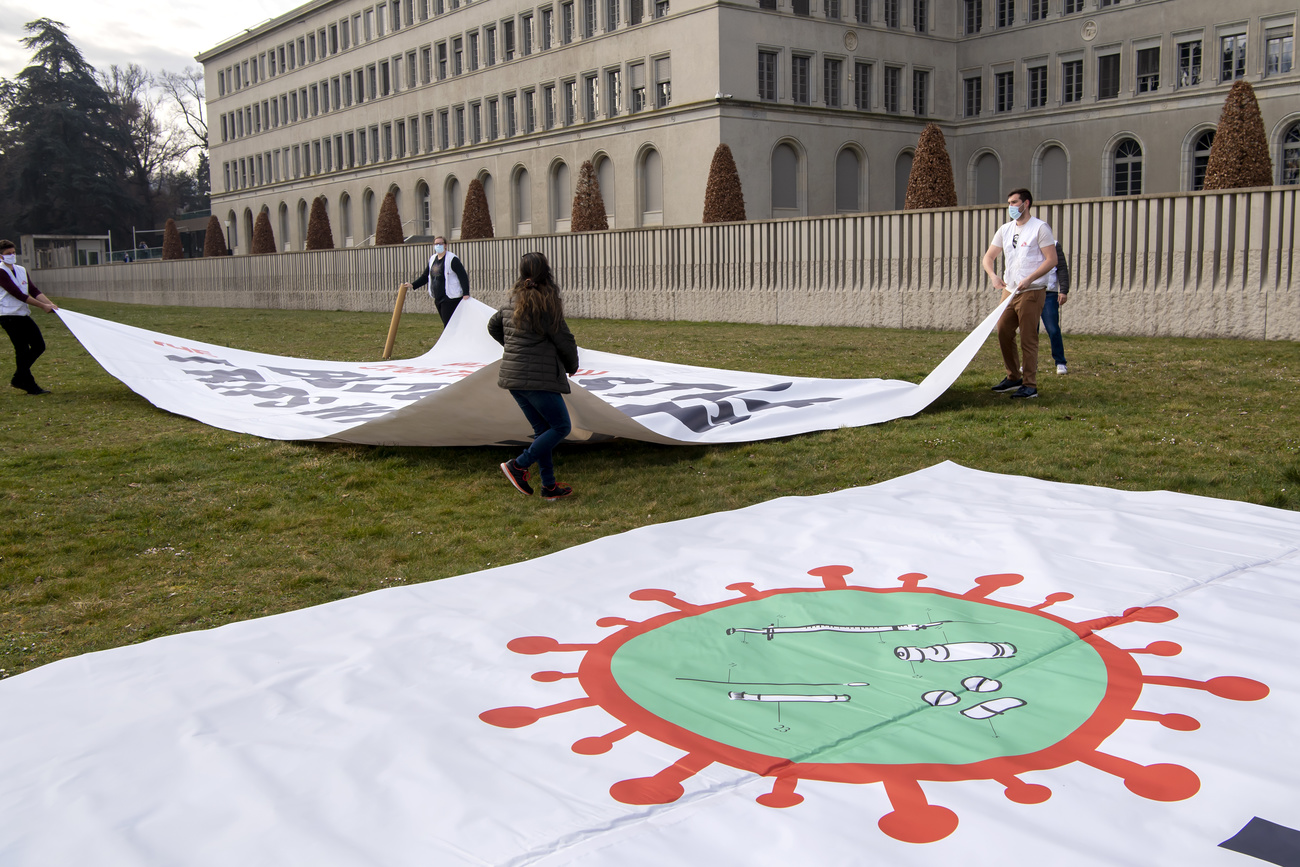
More
Vaccine patent waiver push takes centre stage in Geneva
Wealthy countries and donors could also use the opportunity to leverage public funding of R&D to request the sharing of data and technology of the resulting technologies. As with the development of Covid-19 vaccines, but also many other health technologies, public money flows and de-risks investments in all the stages of the health innovation system. It is time for a better share of the rewards with the public, including setting the obligation for the private sector to transfer technology and know-how and/or to make the knowledge available in the public domain as global public goods. A new “Pandemic Treaty” has been proposed to foster “data-sharing, research, and local, regional and global production and distribution” of health technologies. This could be an opportunity to address major gaps in the global health system, including strengthening local production so all countries can be better prepared to face future pandemics.
Health crises frequently lead to cycles of panic and neglect. There is an opportunity to break that cycle and face some of the longstanding issues that can lead to better response to epidemics and increase access to health technologies more broadly everywhere. Strengthening local production of medicines and other health technologies, as proposed by the WHA resolution, is one of the measures that could lead to improved and more equitable access across the globe. Over 20 years ago, treatments for HIV/AIDS were mostly available in high-income countries, while millions of people lost their lives in developing countries due to lack of access to those same treatments, a situation that still persists for many other health technologies today. History repeats itself, as seen with the current Covid-19 vaccine apartheid. Hopefully this time the world will finally adopt systemic changes to end access to health technologies apartheid now and in the future.
The views expressed in this article are solely those of the authors, and do not necessarily reflect the views of SWI swissinfo.ch.
swissinfo.ch publishes op-ed articles by contributors writing on a wide range of topics – Swiss issues or those that impact Switzerland. The selection of articles presents a diversity of opinions designed to enrich the debate on the issues discussed. If you would like to submit an idea for an opinion piece, please e-mail english@swissinfo.ch

In compliance with the JTI standards
More: SWI swissinfo.ch certified by the Journalism Trust Initiative

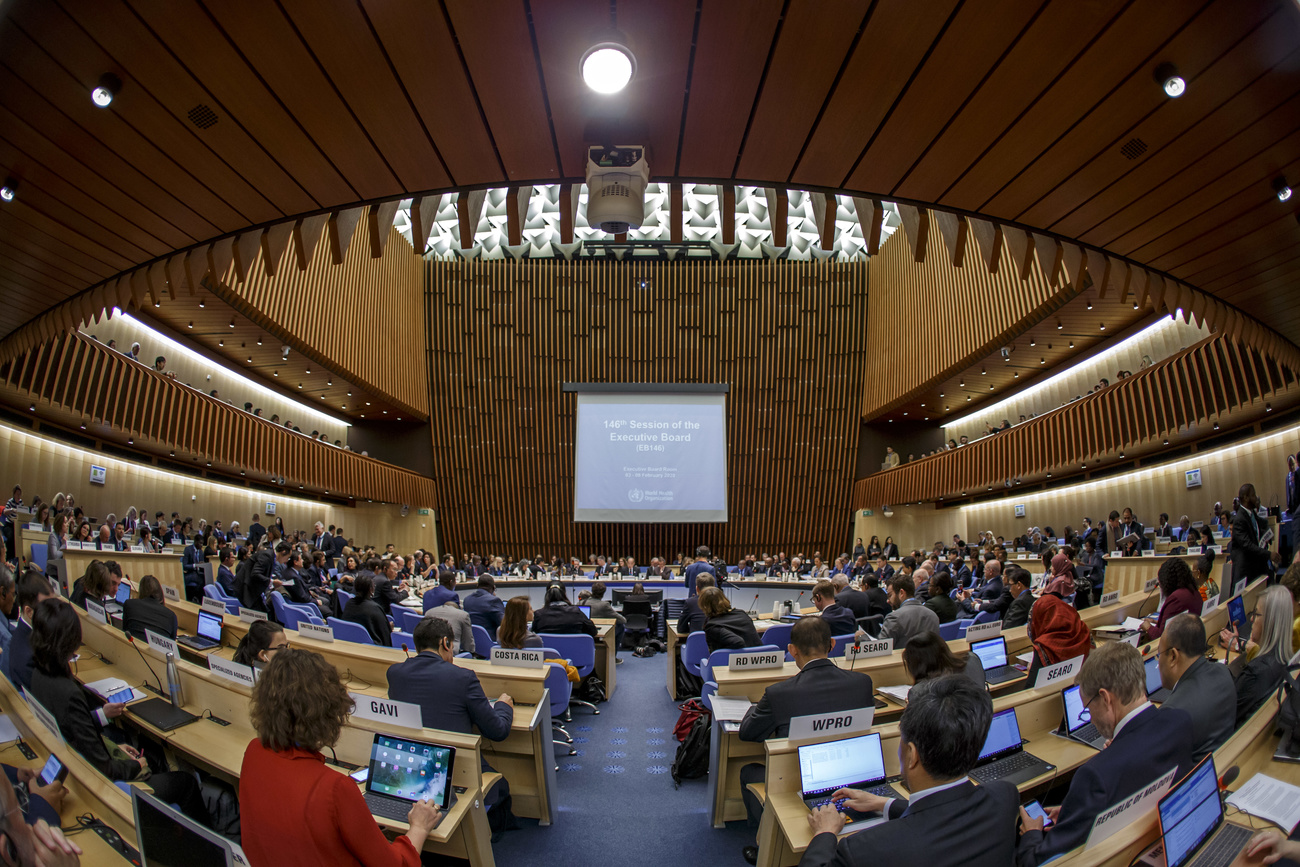
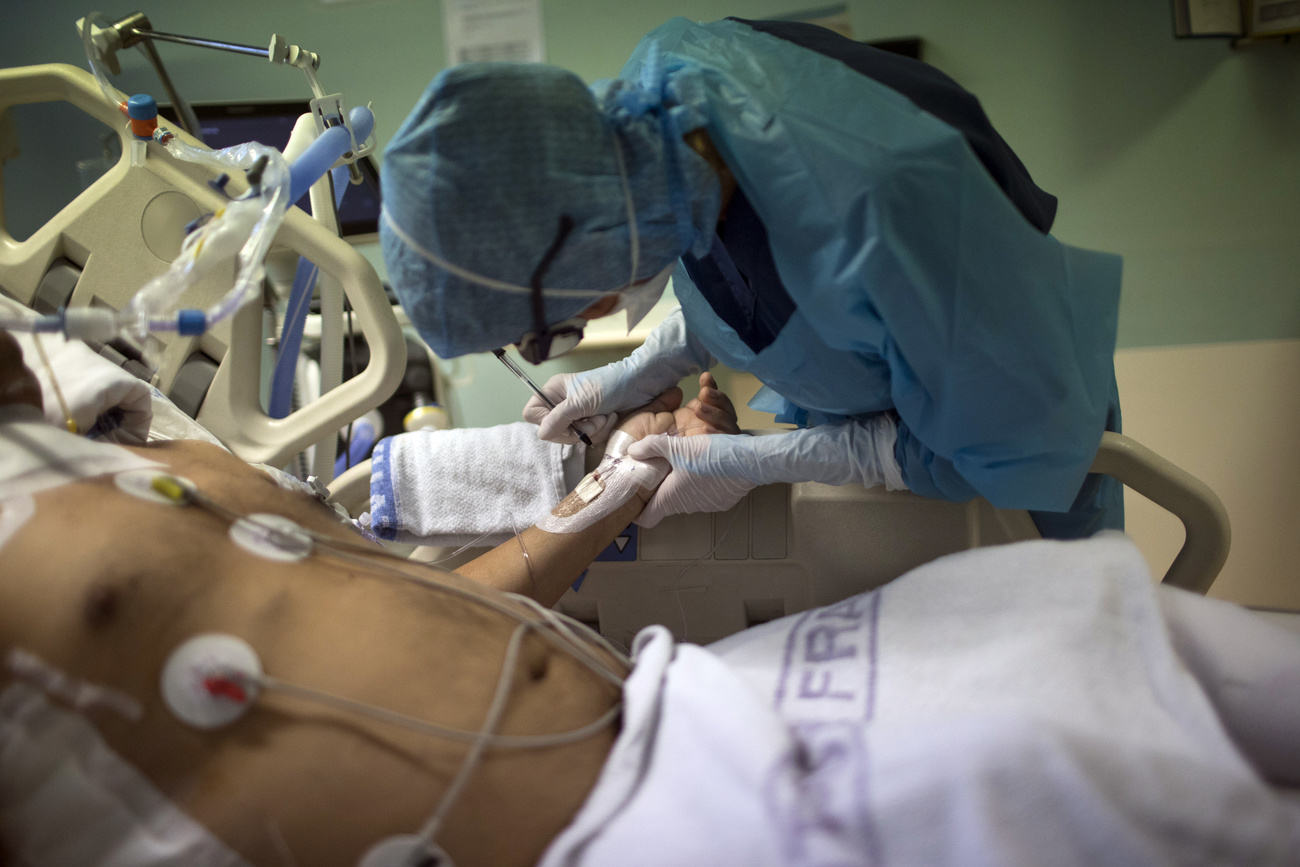
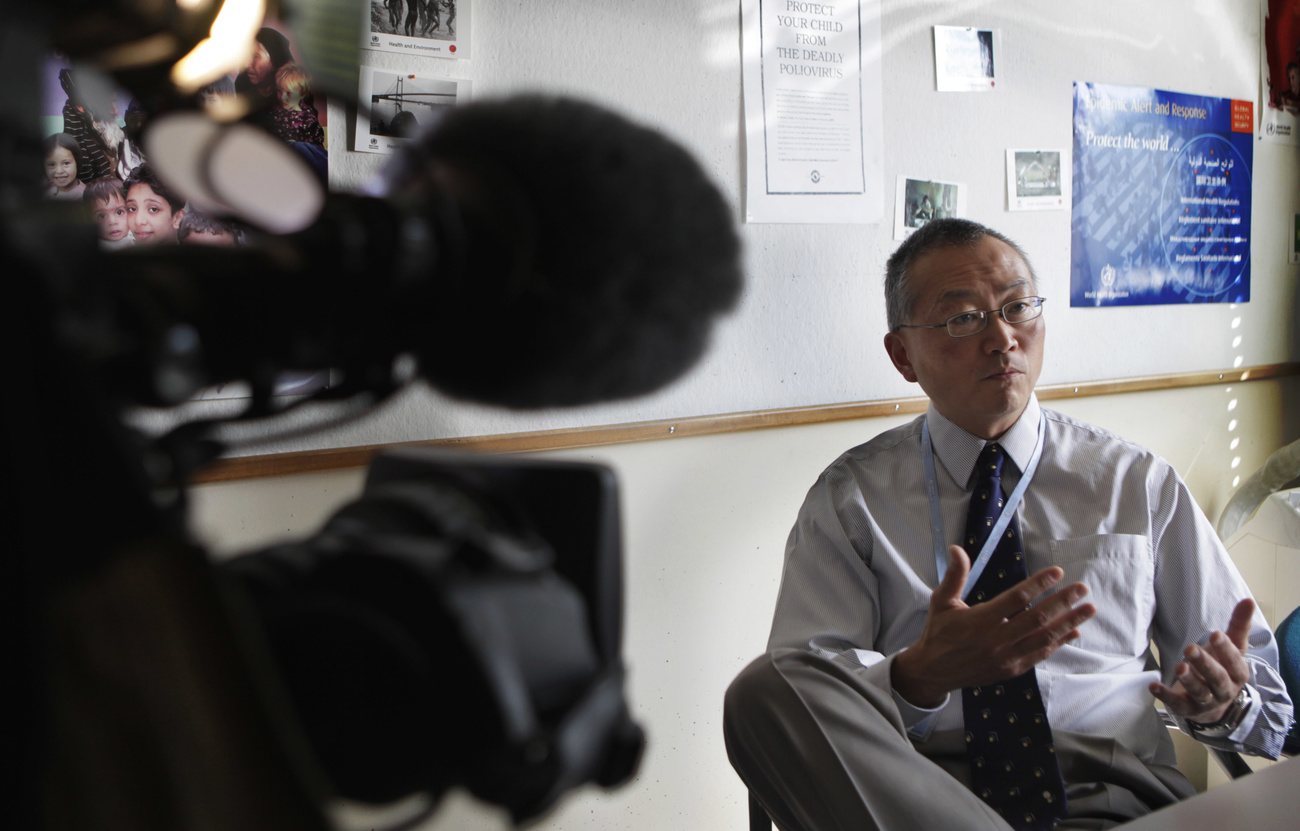
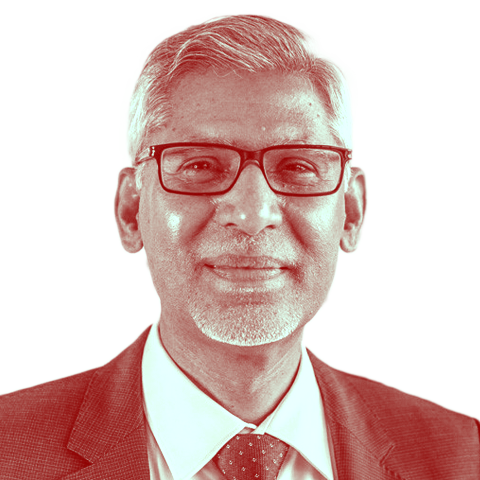
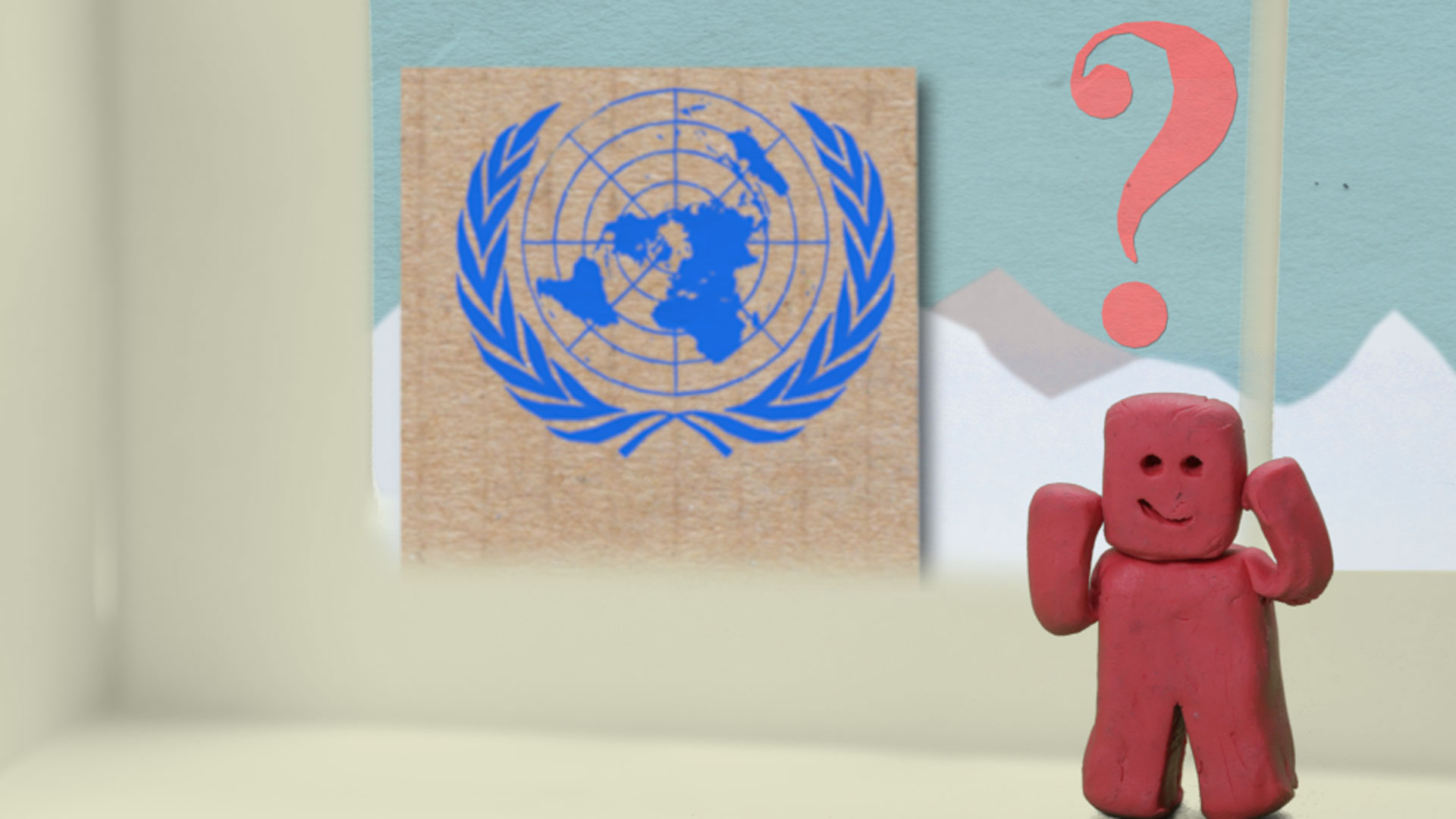
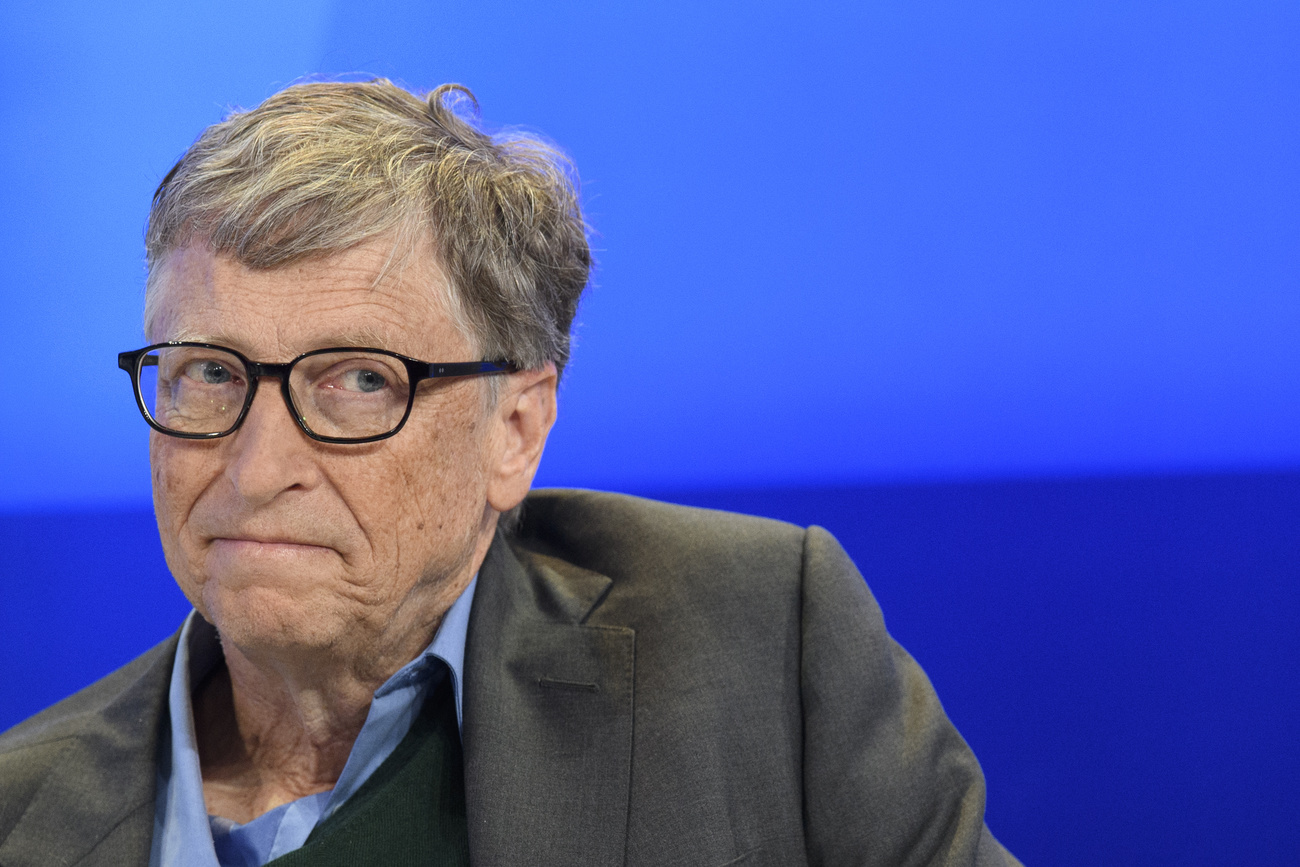
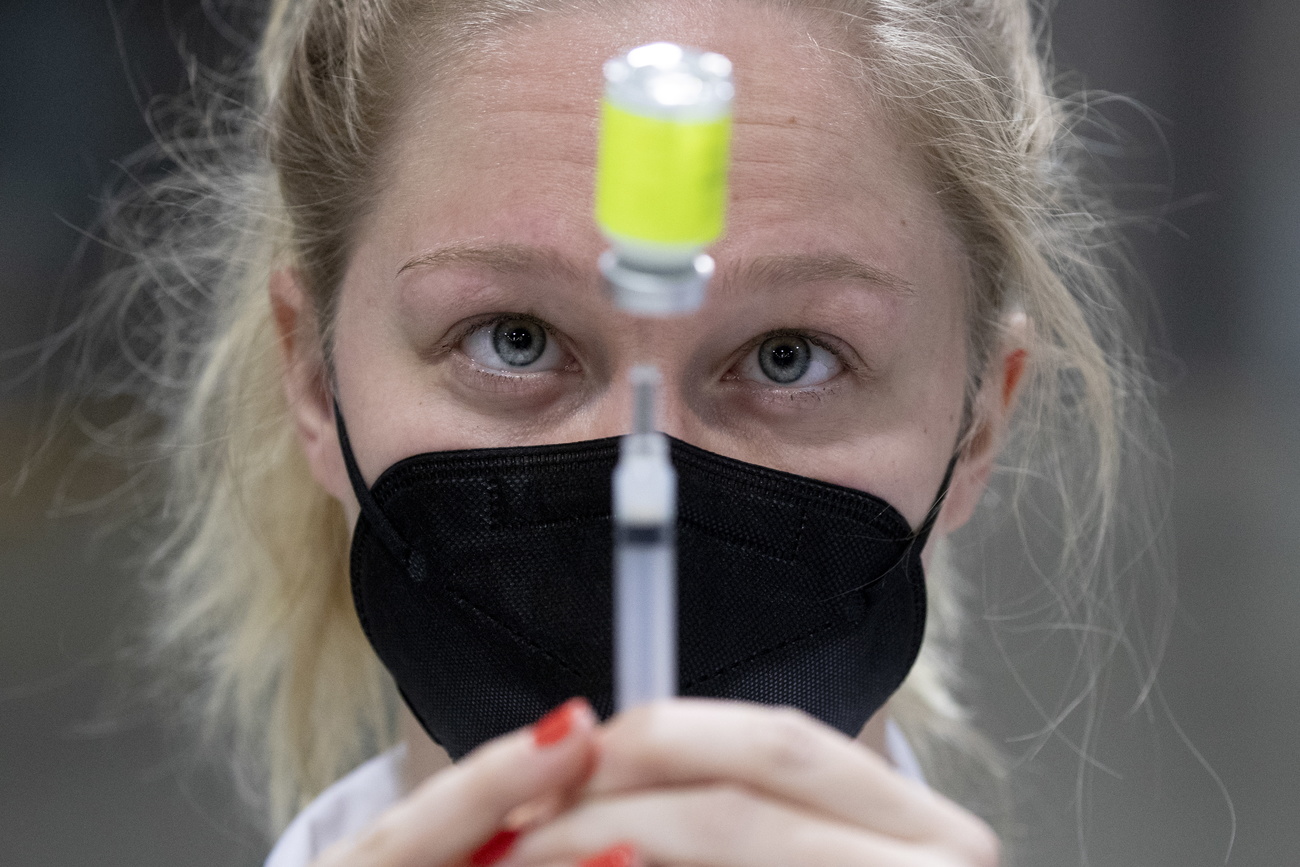

You can find an overview of ongoing debates with our journalists here. Please join us!
If you want to start a conversation about a topic raised in this article or want to report factual errors, email us at english@swissinfo.ch.